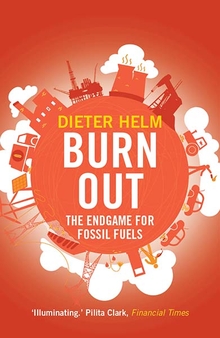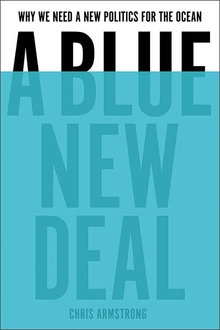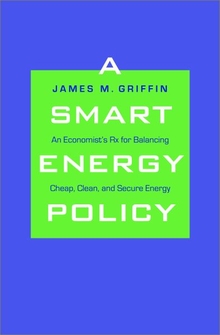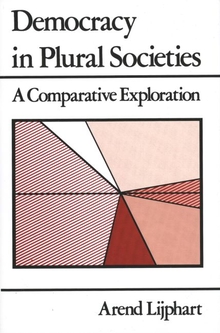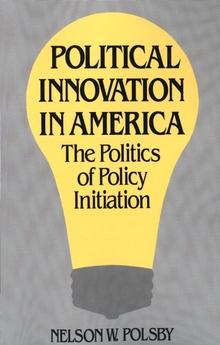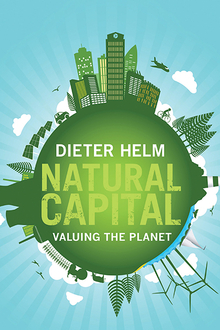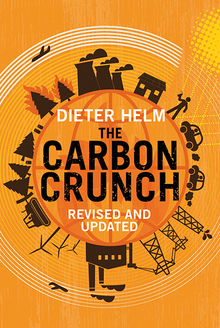Burn Out
WARNING
You are viewing an older version of the Yalebooks website. Please visit out new website with more updated information and a better user experience: https://www.yalebooks.com
The Endgame for Fossil Fuels
Revised Edition
Dieter Helm
An energy revolution is under way with far-reaching consequences for nations, companies, and the way we address climate change
Low oil prices are sending shockwaves through the global economy, and longtime industry observer Dieter Helm explains how this and other shifts are the harbingers of a coming energy revolution and how the fossil fuel age will come to an end. Surveying recent surges in technological innovations, Helm’s provocative new book documents how the global move toward the internet-of-things will inexorably reduce the demand for oil, gas, and renewables—and prove more effective than current efforts to avert climate change.
Oil companies and energy utilities must begin to adapt their existing business models or face future irrelevancy. Oil-exporting nations, particularly in the Middle East, will be negatively impacted, whereas the United States and European countries that are investing in new technologies may find themselves leaders in the geopolitical game. Timely and controversial, this book concludes by offering advice on what governments and businesses can and should do now to prepare for a radically different energy future.
Low oil prices are sending shockwaves through the global economy, and longtime industry observer Dieter Helm explains how this and other shifts are the harbingers of a coming energy revolution and how the fossil fuel age will come to an end. Surveying recent surges in technological innovations, Helm’s provocative new book documents how the global move toward the internet-of-things will inexorably reduce the demand for oil, gas, and renewables—and prove more effective than current efforts to avert climate change.
Oil companies and energy utilities must begin to adapt their existing business models or face future irrelevancy. Oil-exporting nations, particularly in the Middle East, will be negatively impacted, whereas the United States and European countries that are investing in new technologies may find themselves leaders in the geopolitical game. Timely and controversial, this book concludes by offering advice on what governments and businesses can and should do now to prepare for a radically different energy future.
Dieter Helm is fellow in economics, New College, and professor of economic policy, University of Oxford. In 2017 he carried out the Cost of Energy Review for the UK government. He lives in Oxfordshire, UK.
“Burn Out is illuminating, not least when Helm analyses potential winners and losers from the shift.”—Pilita Clark, Financial Times
“Getting serious about global warming will require a transformation in the world’s energy systems. In this lucid and wide- ranging book Dieter Helm shows how that transformation will affect almost every quarter of the global economy—from commodity prices to the strategies of the world’s largest companies. The future energy system, Helm says, is likely to hinge on electric power. Today’s big producers of hydrocarbons, from Russia to the Persian Gulf, are in trouble; countries that can promote and harness technological innovation will fare best."–David G. Victor, Professor at School of Global Policy and Strategy, UC San Diego and author of Global Warming Gridlock.
"Professor Helm is not someone to pull punches, and he certainly does not in this provocative book about the long-term demise he anticipates of the fossil fuel industries. Whether he’s correct won’t be known for many decades, but in the meantime, his thesis and the evidence he assembles merit close and careful review.”—Robert N. Stavins, Albert Pratt Professor of Business & Government, John F. Kennedy School of Government, Harvard University and Director of the Harvard Environmental Economics Program
"Helm argues convincingly and clearly that we have entered the endgame for fossil fuels. But, as he also makes clear, how that endgame plays through is of fundamental importance not only to the future of our climate, but also to the structure of the world economy and its geo-politics. He is surely right that the key drivers of change will be technological advance and the strengthening of climate policies; and that , in the interim, gas will rise relative to other fossil fuels. This is an important book by one of the world's most knowledgeable and thoughtful energy economists."–Nicholas Stern is professor of economics at the LSE, President of the British Academy and a cross-bench member of the House of Lords.
"When Britain's leading energy expert concludes that the fossil fuel industry is doomed, people are likely to sit up and take notice. Dieter Helm provocatively sets out the primary causes - climate change and new technologies - along with the economic and geopolitical consequences of the endgame for fossil fuels. This is no reason here for environmentalists to celebrate; even if investors follow a the "harvest and exit" strategy suggested by Helm, dangerous climate change is still likely without further action. This striking new book displays Professor Helm's characteristic force and clarity, making it compelling reading for those interested in energy or climate policy."– Cameron Hepburn, Professor of environmental economics at the University of Oxford
“A concise primer on the history of global energy economics, politics, and diplomacy . . . The book will be a valuable resource for energy and climate decision-makers.”—Science
"Dieter Helm has redefined the study of energy economics. His must-read new book is a prescient and gripping analysis of the trends which are reshaping our world"—Edward Lucas, Senior Editor, The Economist
“The book’s grand scope and its provocative line should provoke considerable and fruitful debate.”—Peter Christoff, Australian Book Review
ISBN: 9780300234480
Publication Date: May 22, 2018
Publication Date: May 22, 2018
304 pages, 5 x 7 3/4
40 figs.
40 figs.

